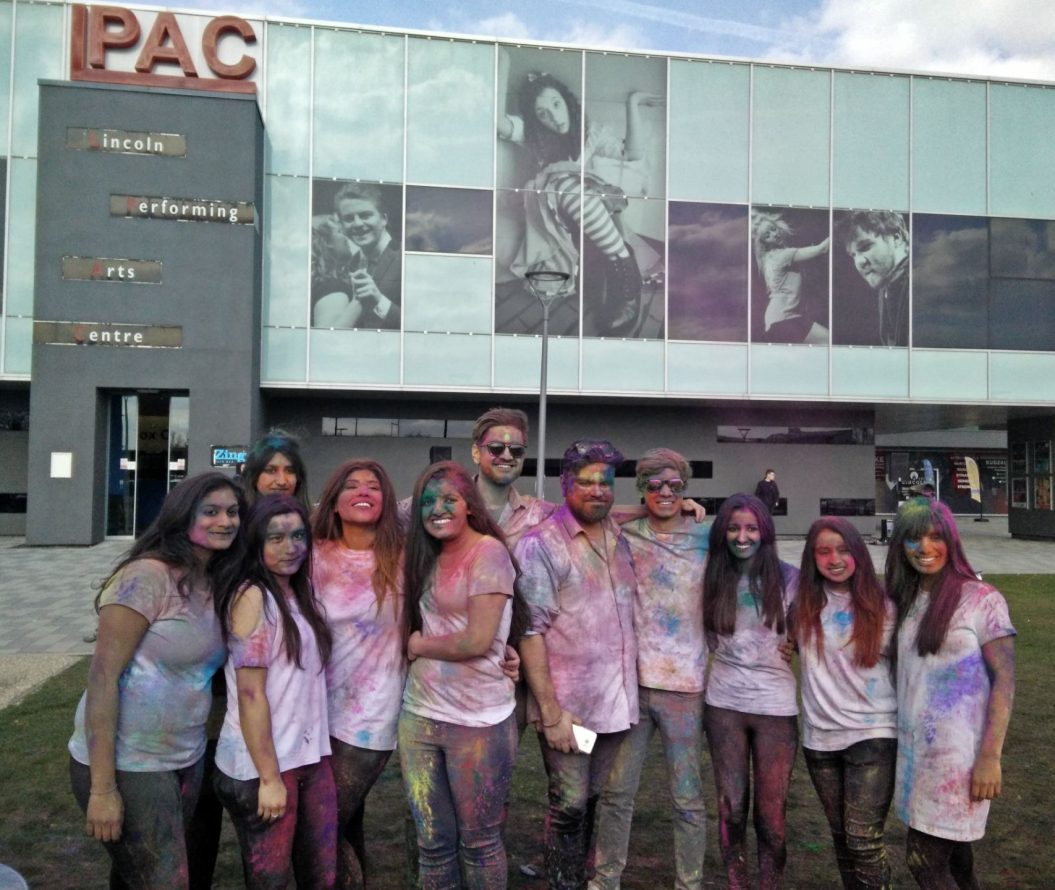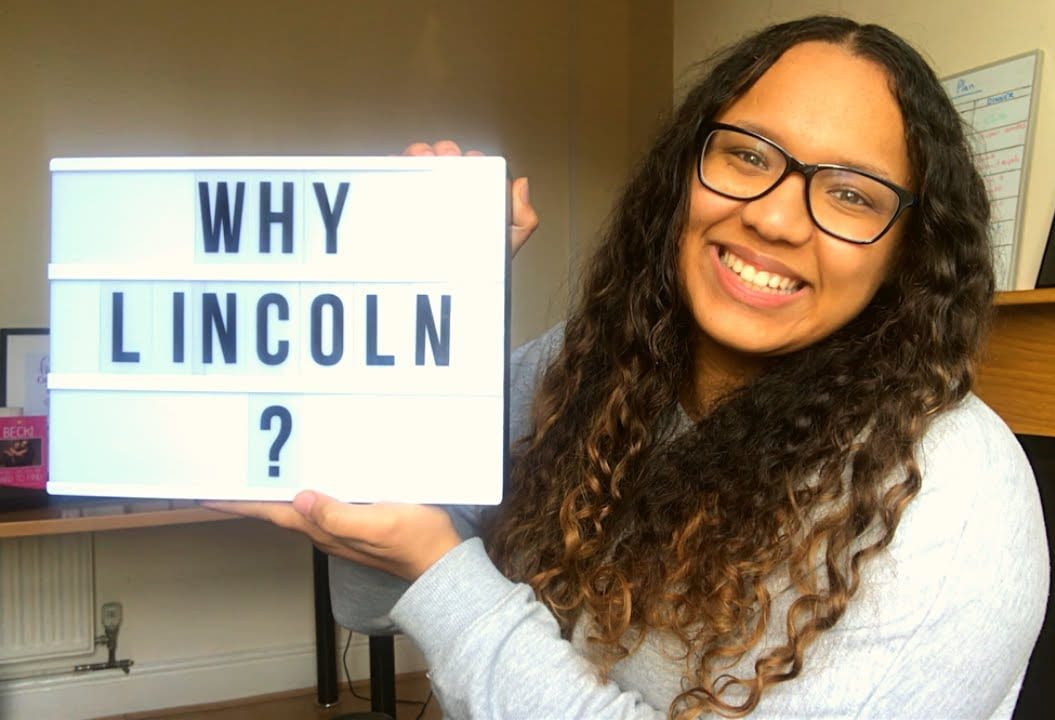
Budgeting: How to budget during your studies
Written by Sree Ramchander, Architecture Master’s student
My journey at the University of Lincoln began in Late August in 2017. Having completed my undergraduate degree in India and worked professionally for 4 years, I began my Master’s program in Architecture.
Before arriving, as per the UKCISA guidelines, I was advised that an approximate amount of £1,015 would be required per month for living expenses. This amount typically includes accommodation costs as well as living costs.
However, as Lincoln is a fairly small city compared to others such as London and Manchester, the cost of living here is considerably less. For one thing, there are virtually no travel costs in Lincoln. The university itself is located in the heart of the city and everything you will need is easily accessible within a short walk. The student accommodation units are located peripherally to the academic blocks and are only a 5-10 minute walk away.
The university does have a variety of accommodations that range from £250-600 per month. In addition, there are other options available through private landlords that allow you to live with course mates or friends.
Only a 5 minute walk away from the university is Lincoln’s high street – the commercial hub of the city that is filled with stores, cafes, pubs and often lively street performers. The city is quaint and alluring in a way that I didn’t believe existed in our fast-paced globalised world. Over the past year, my memories of the traffic jams and crowded streets of Bangalore continue to amuse me in contrast with the almost magical simplicity and peacefulness of Lincoln.

Having said that, I must also state that the city does not fall short on any facilities that may be required during your time here. Bookstores, servicing outlets, clothing stores, charity shops, accessories, household equipment, etc can all be easily located on the high street. A great place to get cheap household items such as electronics, toiletries and cosmetics is Wilkos, this can also be found on Lincoln’s high street.
Most students prefer to do their weekly shopping at the hypermarket (supermarket)– Morrisons that is located just down the bridge from student accommodation units such as Pavilions, Student courts, Saul house and Cygnet Wharf. Morrison’s is a one-stop shop that carries a wide variety of foods, meats, freshly baked products, and other supplies that is both convenient and economical for students.
On an average, a weekly shop would range from £25-30 per week. There are many other local and international supermarkets around the city that allow you to find any type of food at low prices.
Try as we may to adhere to a healthy diet and home cooked meals, as students it is inevitable that our busy schedules drive us to periods of fast food and ‘eating out’.
Fish n chips, pizza, burgers and Kebabs are common options in Lincoln that typically cost about £10. The McDonalds is open 24/7 and is a blessing to students both during critical deadlines and the elated nights out that follow!
For a little more money, along the northern perimeter of the university is the waterfront stretch of the Brayford Pool where more formal international restaurants are highly popular with students’ for an evening meal.
Along this stretch is also located the Odeon – the local cinema that is often a monthly treat. Recreational activities include bicycling, movies, picnics and regular events that are organised by various schools and the Student union of the University. These are affordable and inclusive to the diverse student population in the university.
With all of the above, showing your student card or having an NUS (National Union of Students’) card will get you discounted prices and helps save money.
Each year the university awards several scholarships to students as an additional incentive for students from all financial backgrounds. I have been fortunate to have received the International Academic Excellence scholarship in the year 2017.
Another way to save money and also gain experience is to work part-time during your studies. Over the year, I have worked with the International Office as an International Student Ambassador that has both been a great experience as well as a source of income.
Various opportunities for part-time work exist within the city as well. Many students often work evenings or weekends at pubs, stores and restaurants. The Tier4 Visa allows students’ to work up to 20 hours per week and is most commonly paid at minimum wage. Student earnings even during course time though, is often sufficient to serve living expenses.
My experience at Lincoln has been a special one – of good people with a kind twinkle, quirky academics, regular walks, snowy days, long nights at the studios, hot teas, McDonald’s, Swans, skateboarders, achieving goals, challenging conventions, working and learning all rolled up into one fulfilling priceless package.





